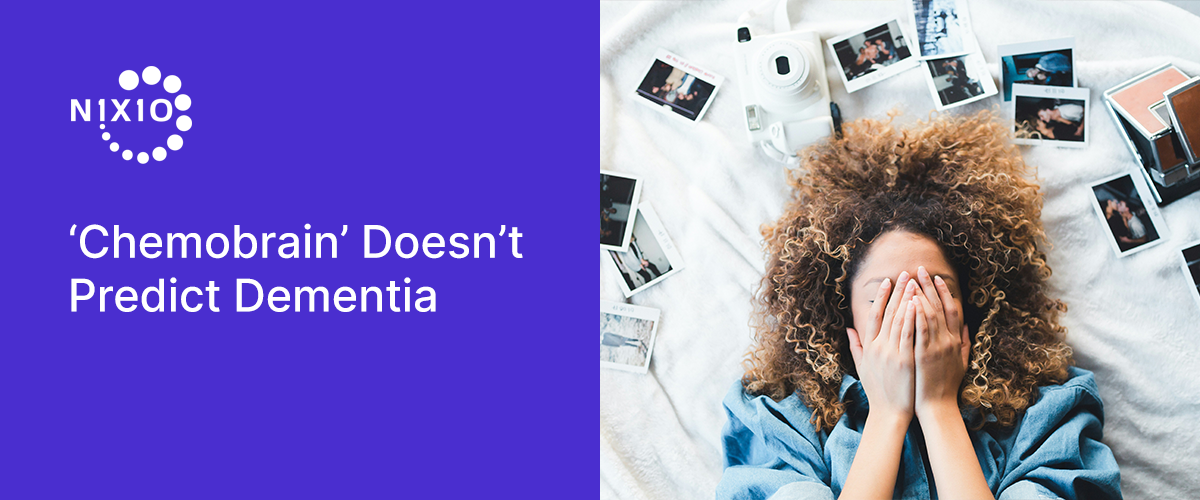Survival rates for breast cancer have substantially improved, exceeding 93% for early-stage disease due to early detection and advances in treatment. This remarkable increase in survival has shifted the focus toward long-term health consequences and quality of life for breast cancer survivors, including cognitive function and risk of dementia.
A substantial number of breast cancer survivors report issues with cognition dysfunction, including thinking and memory problems known as ‘chemobrain’ that occur during and after cytotoxic chemotherapy. However, evidence regarding the risk of Alzheimer dementia (AD) among breast cancer survivors remains mixed and inconclusive and may vary by age at diagnosis, treatment received, and time since treatment.
Could breast cancer survivors have a lower risk of Alzheimer’s disease?
In a retrospective study, (1) South Korean researchers say breast cancer survivors have an 8 percent lower risk of developing the condition compared to people without cancer, despite commonly-held concerns about cognitive decline following treatment. The researchers also found no association between the risk for Alzheimer’s and treatment with chemotherapeutic agents.
To reach these conclusions, they looked at the data from more than 70,000 patients who underwent breast cancer surgery between the first day of January 2010 and the last day of December 2016. The data was collected by the Korean National Health Insurance Service. Participants were grouped with healthy age-matched controls at a one-to-three ratio. The women underwent an average follow-up of 7.3 years.
Among the participants, 1,229 cases of Alzheimer’s were detected. Breast cancer survivors showed a slightly lower risk of developing Alzheimer’s compared with cancer-free women. The trend was especially applicable to women aged 65-and-up.
“However, landmark analyses found that this lower risk did not persist beyond five years of survival,” they wrote.
Previous research from researchers at the University of Pittsburgh also found that hormone modulating therapy used for the treatment of breast cancer was associated with a 7 percent lower risk of developing Alzheimer’s disease and related dementias later in life, and that some women may be at a higher risk than others.
The South Korean researchers added that their findings suggest that cytotoxic chemotherapy does not directly lead to Alzheimer’s disease. “The findings suggest certain cancer treatments potentially have benefits for lower Alzheimer’s disease risk,” the authors said. In addition, cancer treatment might have benefits against AD development. Endocrine therapy reduces estrogen levels, which could be related to an increased risk of dementia. However, in their study, use of tamoxifen and aromatase inhibitors was not significantly associated with AD.
The study landmark analysis suggest that survival duration might affect the association between breast cancer and AD. The authors hypothesize that the risk of AD could be lowered shortly after cancer treatment but may equalize as the survival period increases.


